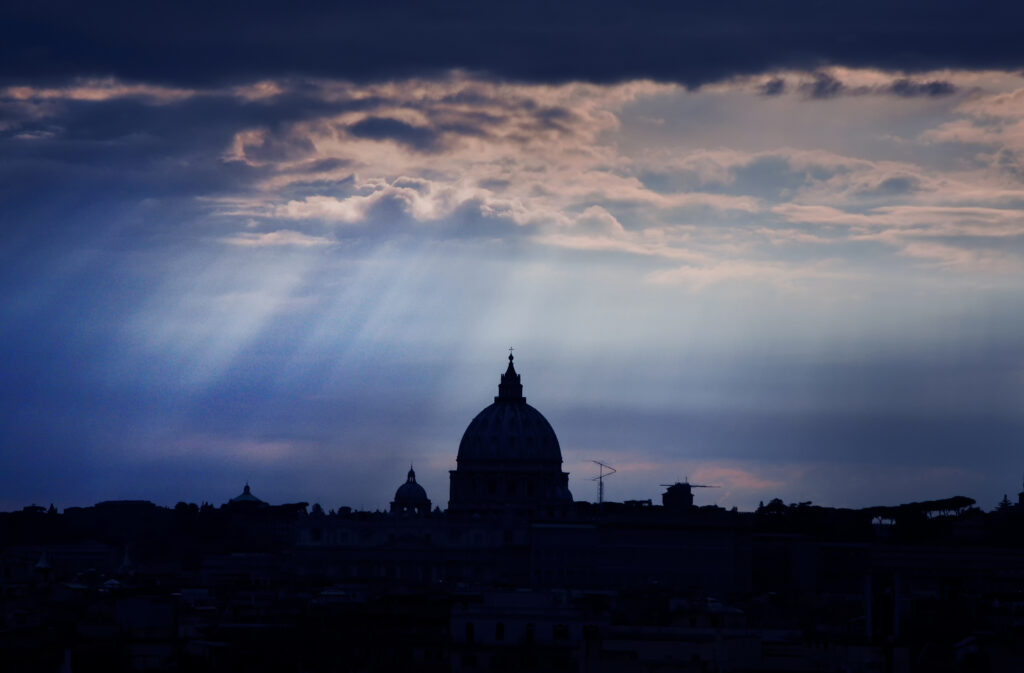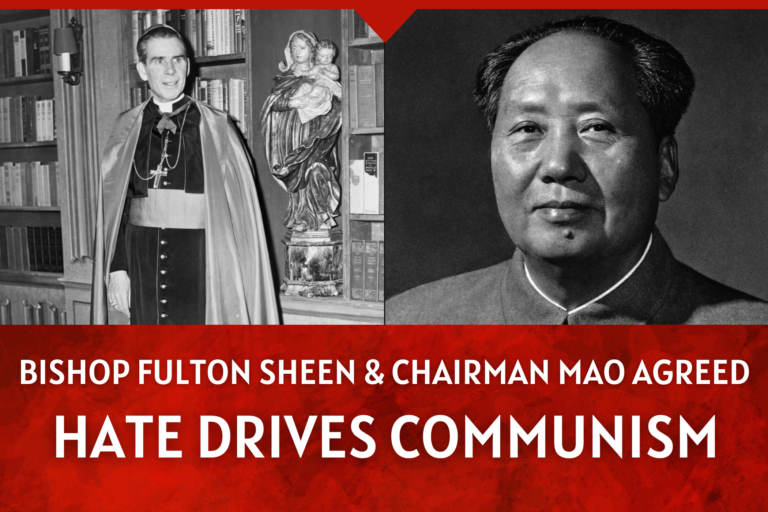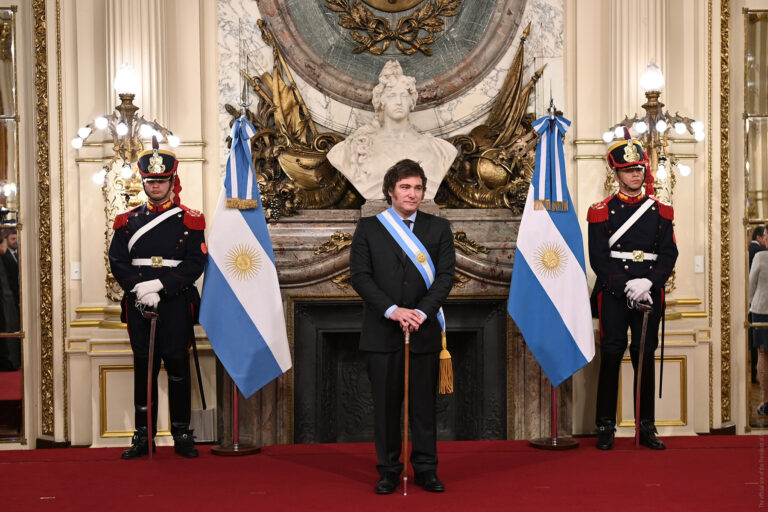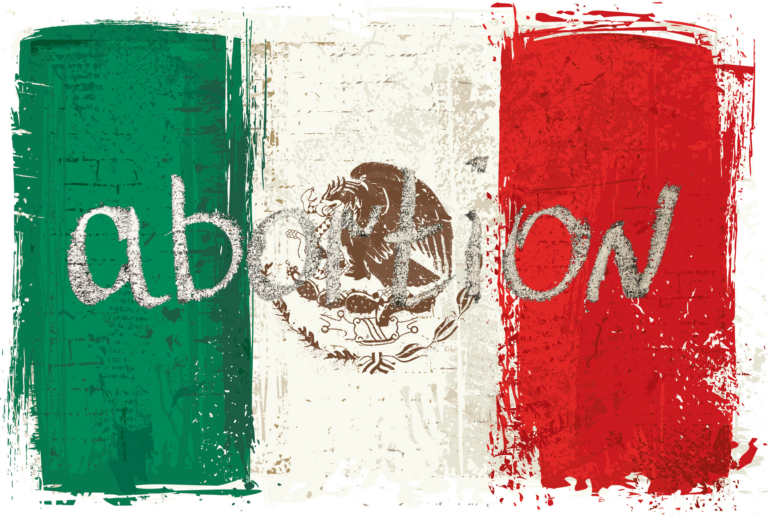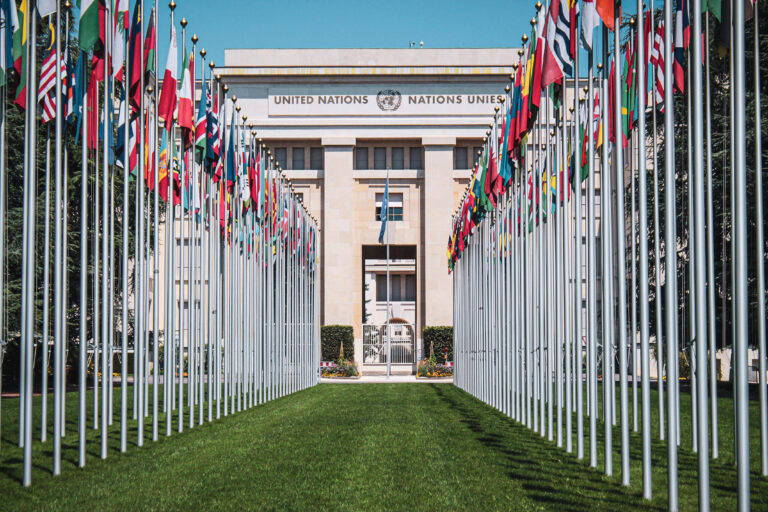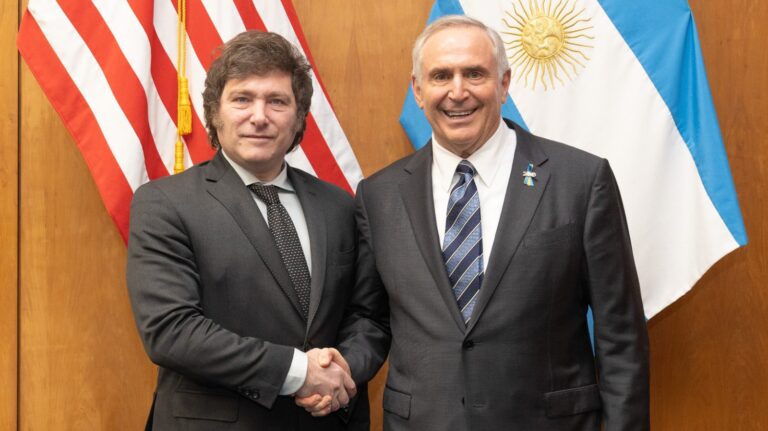“A true ecological approach always becomes a social approach; it must integrate questions of justice.” — Laudato Si’ (49)
“Climate Change,” once known as “Global Cooling” and later as “Global Warming, is recognized by most of humanity as “the weather.” As a political agenda, however, it has always been a moving target.
In 2015, Pope Francis joined the hunt for the elusive solution with “Laudato Si’,” a laborious, and contradictory exercise that quickly became the centerpiece of Vatican political activism.
The effort did not go well.
Consider: the environmentalist movement has been a materialist construct since its foundations. To associate it with “the Church” is misleading or worse. And its reduction of the concept of man to a mere this-worldly actor denies the reality of his being as a creature created in the “image and likeness of God.”
Laudato Si’ was originally designed to communicate the Church’s environmental views to the faithful, as well as to the secular world, yet environmentalism’s core assumptions reject outright the Catholic realities of God’s creative purpose, of the nature of man, of God’s plan for the family as the foundation of society, and of the Four Last Things (Death, Judgment, Heaven and Hell).
So the Church doesn’t care about God’s creation?
The Church has for centuries honored the noble principle of conservation – the individual’s free-will responsibility before God and his fellow man voluntarily to live productively and care for the gifts he has received. Not so the environmentalist: he imprisons the free individual in an endless snare of mandatory diktats enforced by coercion.
Central to the enterprise is the unlovely fact that those making the rules are, of course, exempt from them.
Beware “The Longing To Belong”
But wait – there are a myriad of possible approaches to the prudential application of Catholic principles in daily life. Why does the Vatican feel compelled to sign on to only one such approach – especially one with such a transparently materialistic foundation?
After all, the Second Vatican Council stated clearly that “no one is permitted to identify the authority of the Church exclusively with his own opinion.” (Gaudium et Spes, No. 43)
Of course, like so many non-doctrinal, non-magisterial views flowing from the Vatican and various national hierarchies, the question arises, does this agenda reflect the “Church’s” view, or simply the prudential views about which good Catholics can, and often do, disagree?
The Vatican doesn’t address that question either. In fact, its rush to judgment in this regard clearly ignored many warning signs. Foremost among them we see the universal desire of political operatives of every persuasion to receive for their secular cause the “imprimatur” – the seal of approval – of a higher authority.
What higher authority is there, one might ask, than the Catholic Church?
Few in the Vatican seem to have realized how zealously these secular ideologues were recruiting the representatives of Holy Mother Church to join their movement.
But wait. Doesn’t the environmentalist movement, with its powerful and wealthy constellation of supporters, have enough heft to work its will without the blessing of a community whose realm of activity focuses on the spirit? Especially a spiritual realm the very existence of which the movement steadfastly denies?
Why would they bother luring the Vatican into their operation?
The answer is simple. Holy Mother Church is recognized worldwide as a beacon of light in the midst of darkness. Best to have it as a friend, not an enemy.
Had Vatican officials seen through the façade of “good intentions” of the environmental movement to see its cunning and profound denial of Catholic teaching, they would have recognized from the beginning its pompous contradictions and rejected them outright.
However, environmentalist ideologues have serious heft in the realm of the production of “public truths.” Had Vatican regulars rejected them, “world opinion” would clearly have reacted in scorn as the world’s best and brightest mocked the Church’s “primitive and unenlightened views.”
So it happened that Vatican officials chose to react bureaucratically, not theologically, when confronted by the doctrinal challenge. They longed to be accepted, not rejected, by their fellow “professionals” in the secular world – every one of whom, of course, considered the truths of the Catholic Faith to be an obstacle, rather than a partner, in their efforts at world domination.
Population Control Is Neither Social Nor Justice
In order to “belong” to the movement, the Vatican instead adopted (or, better yet, converted to) an agenda that focuses on saving the world, while condemning efforts to preach Christ crucified as “proselytizing.”
Its recent guide to “Caring for Our Living Planet” repeats the usual bizarre admonitions – avoid meat and dairy, ride a bike or get an electric car, save rainwater.
The action items are taken for granted –the key concepts remain undefined, but they all flow freely from a materialistic ideology that leads to a foregone conclusion that is mandatory and forbids all questions.
So to accept at face value the proposals of the “ecological guide” requires an act of faith – but not of the Catholic kind.
And finally, the required bow to feminism: “women’s rights must take a central place: when women are educated and empowered, we see better environmental outcomes.”
Not so fast. As the Compendium Of The Social Doctrine Of The Church makes clear, “The object of the Church’s social doctrine is essentially the same that constitutes the reason for its existence: the human person called to salvation, and as such entrusted by Christ to the Church’s care and responsibility.” (No. 81)
The first order of business for the Church is salvation. That universal goal cannot be divested in any subsidiary activity: it lies at the heart of the Cardinal Virtue of justice, which is a reflection of God’s perfect justice.
Only in that context can we consider “Social Justice.” The booklet disagrees, however, calling instead for “a more sustainable and socially just future,” that can be reached only by “empowering” women, “women’s rights,” “women’s health”, and “climate activism” – all terms drawn from the lexicon of innocent-sounding labels designed to camouflage the worldwide abortion and contraception agenda.
Clearly this is a thinly-veiled promotion of population control. Unfortunately, the Vatican has formally endorsed it. There are other ways we can respect, protect and care for our “Common Home” but one way is certainly not at the expense of the God-given natural right bestowed upon women – their capacity to give life.


